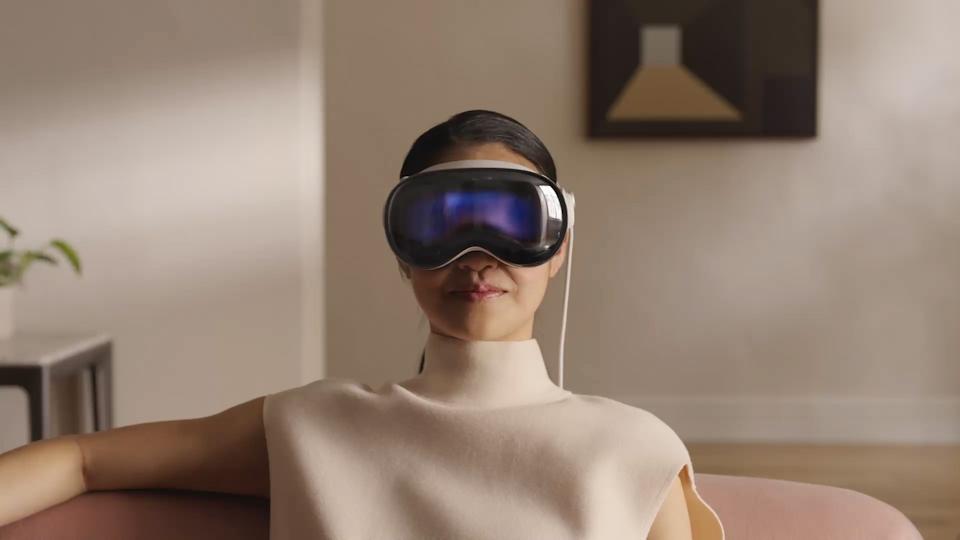Mendelian gets £500,000 for rare disease screening tech

UK health technology startup Mendelian has received a £500,000 grant from a government agency to build products that will help GPs identify patients with rare or hard to diagnose conditions and diseases.
Mendelian will use the grant from Innovate UK to get a specialised screening system for rare diseases off the ground.
The technology uses data analysis to provide fast, accurate, and automated identification of patients who may fit the rare disease or difficult to diagnose categories.
Once the technology has analysed the symptoms, the system notifies the GP with various options, including referring them to a specialist or recommending further analysis and testing.
Mendelian cited research by rare diseases pharma Shire, now part of Takeda, saying that in the UK it takes on average 5.6 years, eight clinicians including four specialists, and three misdiagnoses before the correct rare disease is identified.
The company’s own health economics report released in November revealed that over the last 10 years, rare disease patients living undiagnosed with their conditions have cost the NHS more than £3.4 billion.
The total budget for the project is £940,000 with over £500,000 of this awarded to Mendelian by Innovate UK - a non-departmental public body and the UK’s innovation agency - in order to develop and implement the technology.
The project is set to run over the next two years with the first trial currently taking place in Hertfordshire, in partnership with the Eastern Academic Health Science Network (AHSN) and NHS East and North Hertfordshire Clinical Commissioning Group (CCG).
The trial will analyse pseudonymised electronic medical records to find patients that should be investigated further for rare or hard to diagnose diseases, and the company said the protection of patient data will be prioritised at all times throughout.
Following this, the technology will potentially be rolled out to further areas in the UK, as well as globally in the near future.













